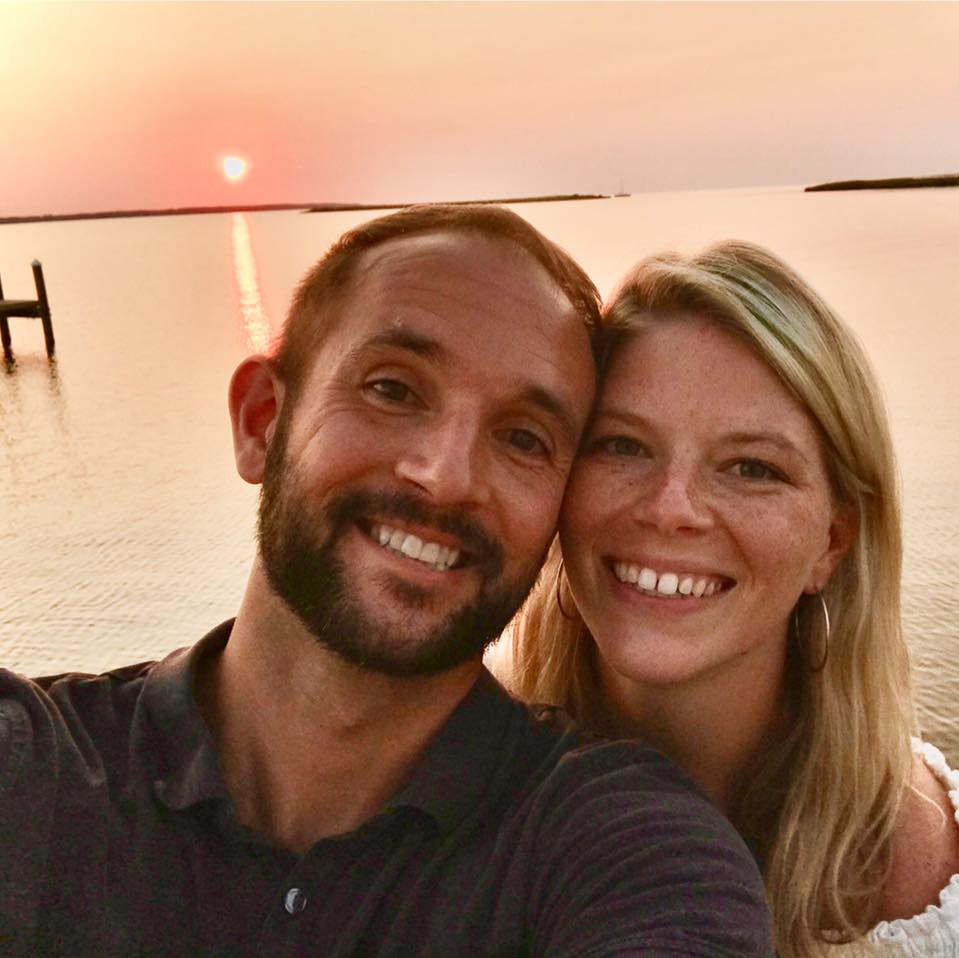Many Christians are perplexed about how to respond to the transgender identity movement. Even among scholars, most responses have ended up defending binary sex and gender with biblical passages. But they’ve failed to offer compassion and empathy that the transgender community so deeply craves and deserves. As Christians, where can we start to relate to people with transgender identities?
I encourage you to check out the first two articles [Exiles in Culture; Exiled in Your Own Body] before this one. In this article, we’re going to see how a Christian has far more in common with someone who is transgender than they probably realize. Both do not feel at home in their own body, which is what the Christian concept of exile is all about.
Not At Home
Transgender people live feeling stuck in a male or female body, while their “home” feels like it is a different body. Christians live stuck in a sinful body, awaiting their “home” in a resurrection body (1 Corinthinians 15).
Christians and transgendered persons both feel stuck in their bodies as exiles, and long to be “Home” in a new body. Just like all humans, Christians and transgendered folks long to feel accepted by the world. It’s only natural to want this. And it often leads to efforts to change society, our communities, and even perhaps our own body.
But if we are truly exiled, then this world and our body will never make us feel at home. The longing we feel for belonging and acceptance will only fully come when Christ returns. That’s what’s so unique about the perspective of an exile.
The solution to the distress that both Christians and transgender people feel is found in two places: (1) Our identity and (2) our calling.
1. Identity
A person’s identity is what makes up the deepest parts of who they are and where they find value. For the Christian, our identity is in Christ’s life, not our own life. When God determines a person’s value and identity, He doesn’t determine it based on their good or bad qualities. They may be a good, successful, and moral person; or they may be a bad, angry, and mean person. But when they put their identity in Christ, none of these things qualify or disqualify them from having value to God. Christ’s life is credited to them, as though they did what He did.
For the transgender person, their identity is usually in their preferred sexual pronoun. They’ve placed their satisfaction in the fulfillment of this identity in the world. They long to put on the body that matches their identity so badly, that they will do anything to match what they feel inside with what they see on the outside.
How noble it would be in the Christian community to see someone striving so hard to be like Christ! Imagine if someone had such passion and vigor about their identity in Christ that they would even undergo a surgery to live out this identity, if it were necessary. Even if we disagreed with their methods, we would commend their zeal!
Yet sadly, many Christians condemn the transgender person for their misguided zeal. Both Christians and transgender persons are just trying to live out their identities as best they can. We should be quick to empathize and seek to understand the deep reasons why a person would want to change their gender, first and foremost.
Only from this place of mutual understanding can we speak truth into one another’s lives and discuss why we are placing our identities where we are.
From Transgender Identity to Christian Identity
The solution for the transgender person is ultimately to embrace an identity in Christ, just like ever other human made in God’s image should do.
Transgender identity cannot compare to the identity God has for us in following Jesus. This does not mean their lives will immediately change. A transgender person who places their identity in Christ will not immediately feel like they are in their “correct” body. But matching their body with their preferred pronoun will no longer be the place they find their source of meaning and value, as they look to Christ to supply both.
Christ becomes the only one who can tell them who they are and where their value comes from. Then together with Him and the love of a Christian community, they can pray and learn what it means to live out that new identity in the world with wisdom and discernment.
This will not be easy, but it is all worth it. This is also the path for every person who accepts Christ, whether transgender or not.
2. Calling
God does not call us to try to escape our bodies or the world. Nor does he tell us to make our home in our bodies or the world. Instead, Jeremiah the prophet has told us how to live as exiles:
“Seek the welfare of the city where I have sent you into exile, and pray to the Lord on its behalf, for in its welfare you will find your welfare.” (Jeremiah 29:7)
For the Christian who is also transgendered, the same principles will apply to how they live in their exiled body now on earth. Although they may never feel at home in the sex assigned to them at birth, they should seek the welfare of their body by treating it rightly and leveraging it to bring good in the world. They should not seek to leave or alter their body to find a preferred body, because no earthly body is going to feel like home except their future resurrected body that only comes when Christ returns.
The transgendered person who becomes a Christian is really exchanging one form of exile for another. They transition from being exiled as a man/woman in a woman/man’s body, to being a person of Heaven in the body of a person on Earth.
Exile2
Really, they are intensifying their exile to the next level. If at first they did not feel at home in their own body, now they REALLY will not feel at home on this earth as a Christian. But NO Christian should feel satisfied here and now, because Christ hasn’t returned yet to make all things new, including our bodies!
The transgender person is not promised an easy life when they put their identity in Christ, but neither is anyone. Many people have lost their families as a result of their transgender identity. Historically, many people have also lost their families for putting their identity in Christ.
But whether you are transgender, cisgender, heterosexual, homosexual, or any combination of titles, when you put your ultimate identity in Christ, you enter a family of fellow exiles. We live in bodies not our own, in a culture not our own. The Church is the exiled family of God across the world, and we are all longing to put on our resurrected bodies just like Jesus Christ.
The invitation is open to the transgender person (as to anyone) to join this exiled community, to find love and acceptance, and to await the arrival of our savior, Jesus Christ.

Author: Jason Pelletier
Jason is a physical therapist living in Roanoke with his wife Taryn, hyper dog Piper, and needy cat Remy. They joined Redemption Church because of their heart for church planting and their passion for seeing Gods mission fulfilled in Roanoke.
